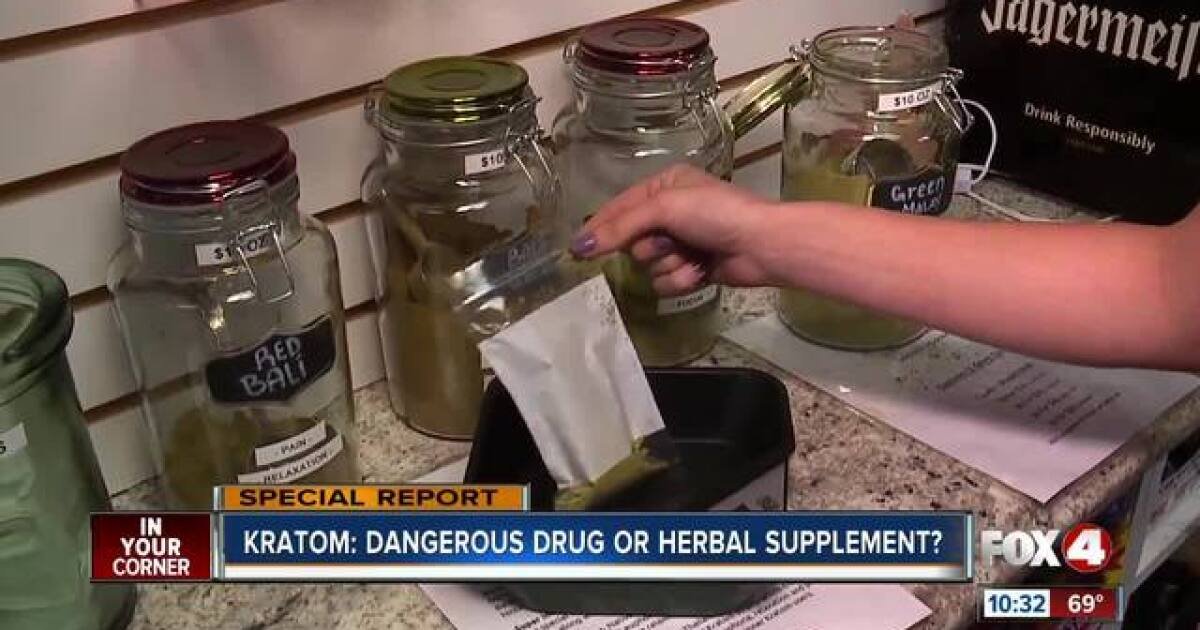Deadly Drug or Life-Changing Supplement?
Throughout history, drugs and supplements have played crucial roles in human health, both positively and negatively. While some substances have revolutionized medicine, others have resulted in disastrous consequences. In this article, we will explore the concept of a deadly drug versus a life-changing supplement, shedding light on the thin line that separates them.
The Power of Pharmaceuticals
Modern medicine has brought numerous life-saving drugs to the forefront, enabling better healthcare and drastically improving the quality of life for many. Drugs such as antibiotics, chemotherapy, and antivirals have played a crucial role in saving countless lives globally. Without these pharmaceutical advancements, many suffering from once-fatal illnesses would still be without hope.
However, the power of pharmaceuticals can also have a dark side. The misuse or abuse of certain drugs, such as opioids, can lead to addiction, ruin lives, and even result in death. In recent years, the opioid crisis has emerged as a significant problem, with millions of people succumbing to addiction and overdose. This highlights the fine line between a life-saving drug and a deadly one.
Supplements: A Fountain of Health?
In the pursuit of optimal health and well-being, many individuals turn to supplements as a means of augmenting their wellness routines. From vitamins and minerals to herbal extracts and protein powders, the supplement industry provides a plethora of options for those seeking a boost in their daily lives.
While supplements may seem harmless and offer promises of endless benefits, they are not without risks and limitations. The lack of regulation and oversight in the supplement industry allows for the presence of adulterated or mislabeled products. In some cases, these supplements can do more harm than good, interacting with medications, causing adverse reactions, or even leading to organ damage.
The Fine Line
So, where does one draw the line between a deadly drug and a life-changing supplement? The answer lies in extensive research, regulation, and responsible usage. Pharmaceutical drugs undergo rigorous testing and clinical trials to ensure safety and efficacy. However, even with these measures in place, unforeseen side effects can still arise, emphasizing the importance of ongoing monitoring and evaluation.
On the other hand, supplements often lack the same level of scrutiny. This makes it crucial for consumers to educate themselves and exercise caution when choosing and using these products. Checking for third-party testing, understanding potential interactions, and consulting with healthcare professionals can help mitigate risks associated with supplement usage.
Responsible Healthcare Choices
Ultimately, the responsibility for making informed healthcare decisions lies in the hands of individuals. Whether considering a pharmaceutical drug or a supplement, it is essential to assess the potential benefits against the possible risks. Consulting healthcare professionals, staying up-to-date with scientific research, and being aware of one’s own body and health conditions are all crucial steps in making responsible choices.
Additionally, governments and regulatory bodies also play a pivotal role in safeguarding public health. Stricter regulations and increased transparency in both the pharmaceutical and supplement industries can help prevent the circulation of deadly drugs and ensure the availability of reliable life-changing supplements.
In Conclusion
The line between a deadly drug and a life-changing supplement can be blurry, but it ultimately comes down to the careful consideration of benefits and risks. While pharmaceuticals have undeniably saved countless lives, misuse or abuse can turn them into deadly substances. Similarly, while supplements can provide essential nutrients, their unregulated nature calls for vigilance and responsible usage. By exercising caution, conducting thorough research, and seeking guidance from healthcare professionals, individuals can navigate this fine line and make informed healthcare choices for their overall well-being.
*Source www.fox4now.com





































